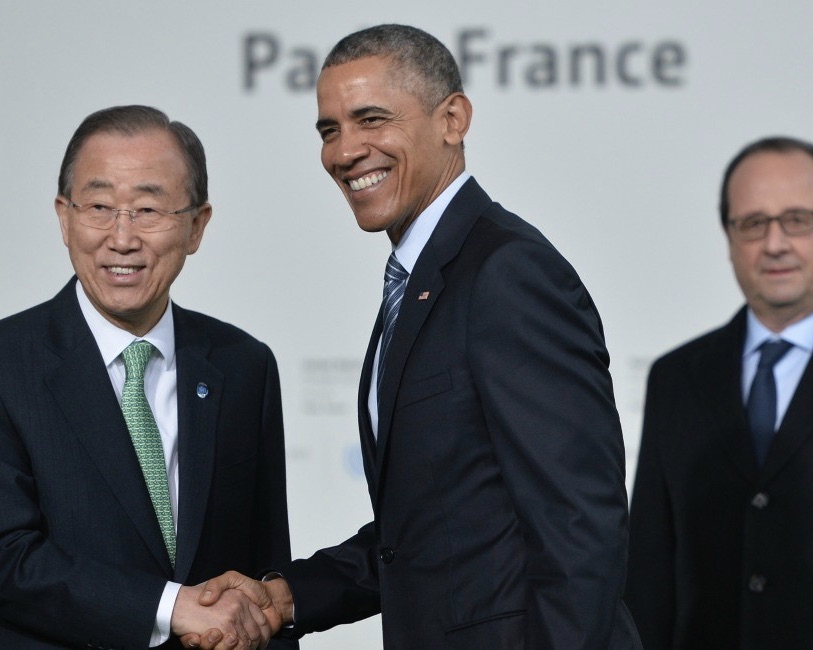
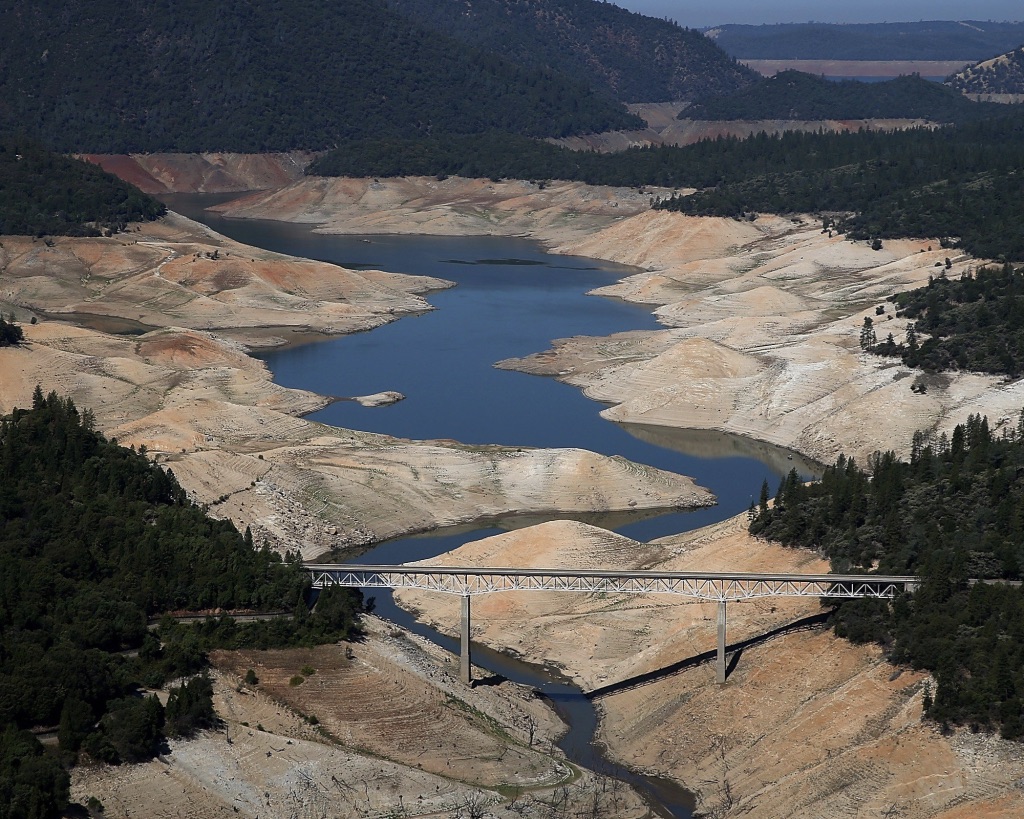
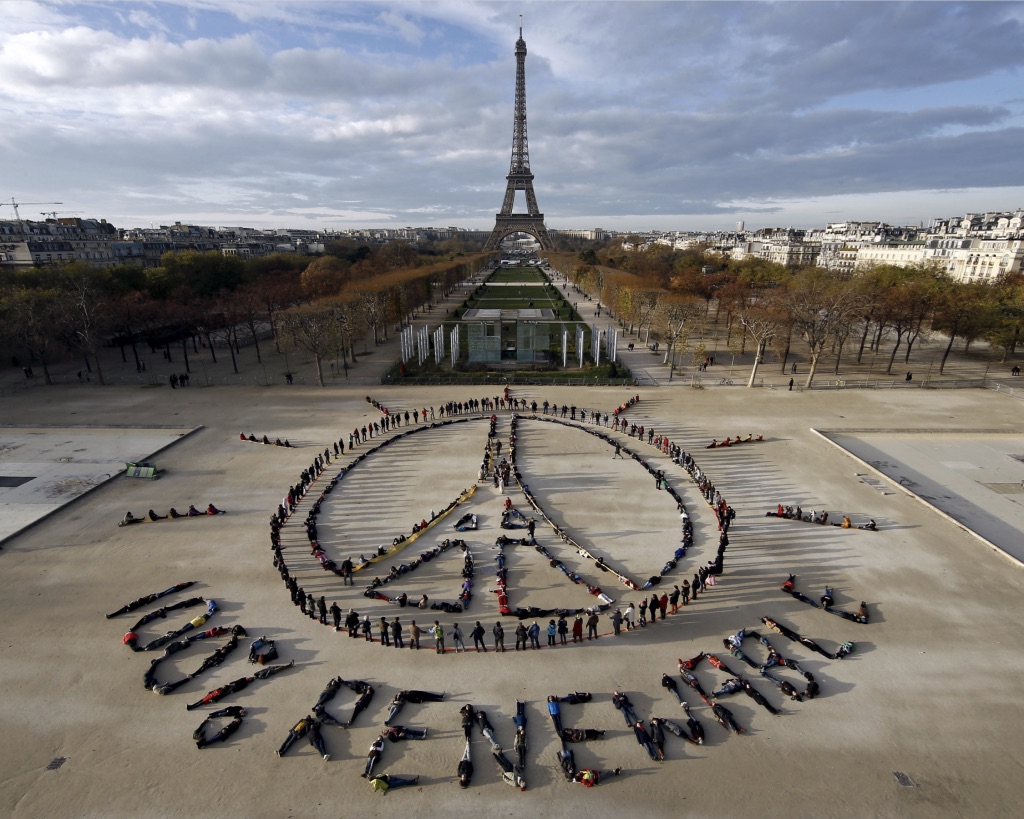

The Story Behind the Spikes...
NOVEMBER 6-12, 2016:
The 2015 Conference of the Parties to the United Nations Framework Convention on Climate Change (UNFCC COP21) was a chance to create an international agreement dedicated to combating climate change. Currently, 168 Parties have ratified this agreement, committing to a long-term goal of reducing net emissions as close to zero as possible by transitioning into a clean economy and low carbon society. In went into official effect on November 4, 2016. This international agreement probably sparked the worldwide spike in climate-related Google queries.
There’s an additional spike in “drought” queries. Bolivia was struggling with a deadly drought, their worst in 25 years and declared a state of emergency by the government. The Pan American Health Organisation reported that 70% of the population lacked drinking water, on top of that, parched crops were failing. This drought peaked in November 2016, along with the search queries.
This also coincides with a drought hitting the American south and California. CNN reported on a raging Appalachian wildfire on November 9, sending Tennessee, Georgia, North Carolina, and especially South Carolina into a smoky haze. At the same time, many of those states were experiencing a drought. The drought-related events surely contributed to the spike in search volume. A handful of places around the world experiencing the same environmental impact captured global interest, and this appears in the Trends data.
- JANUARY 22-28, 2017:
In early January 2017, California and some of the southern U.S. states were still experiencing debilitating drought. Steep rise in searches for “climate change” and “drought” reflect this, and the high point in this instance came around January 22-28, as massive rains assuaged some drought panic and news outlets began reporting the “the worst of the drought is over.” News sources like CNBC, the LA Times, SF Gate all reported this. By looking at these Google queries related to the “drought,” you can tell that searches increased and spiked as this current event unfolded.
- MAY 28 - JUNE 3, 2017:
President Barack Obama had joined the Paris climate agreement, UNFCC COP21, in 2016 on behalf of the United States. On June 1, 2017, President Donald Trump announced his decision to pull out of the Paris agreement. This decision and its global implications explains the spike in searches for “climate change” and “global warming.” As Trump pulled out of the accords, Google users were searching for information and news on the current event.
- SEPTEMBER 3-9, 2017:
From August 26 to 30, Hurricane Harvey hit the coast of Texas. Hurricane Irma subsequently formed on August 30, and dissipated September 16, but not before devastating the Caribbean Islands and Florida. This accounts for the spike in “sea level” Google searches, as these areas were slammed with hurricane rainstorms and experienced deadly flooding. The raise of public awareness in these crises is evident in the Google Trends data, flood and sea level rise related searches spiked.
Trends also shows an underlying rise in “Climate Change” and “Global Warming” queries. This might partially be explained by the fact that September 2017 was fourth warmest September on record, and August 2017 was the second warmest on record. There’s also a connection between climate change and the hurricane season: Climate change made hurricanes more severe. Global warming leads to higher-than-average water surface temperatures, which in turn make hurricanes more likely. Additionally, human-caused coastal erosion means the hurricane storm surge was half a foot taller than storm surges would have been earlier. Perhaps this connection between the severe hurricane season and climate change explains the increase in Google search volume.

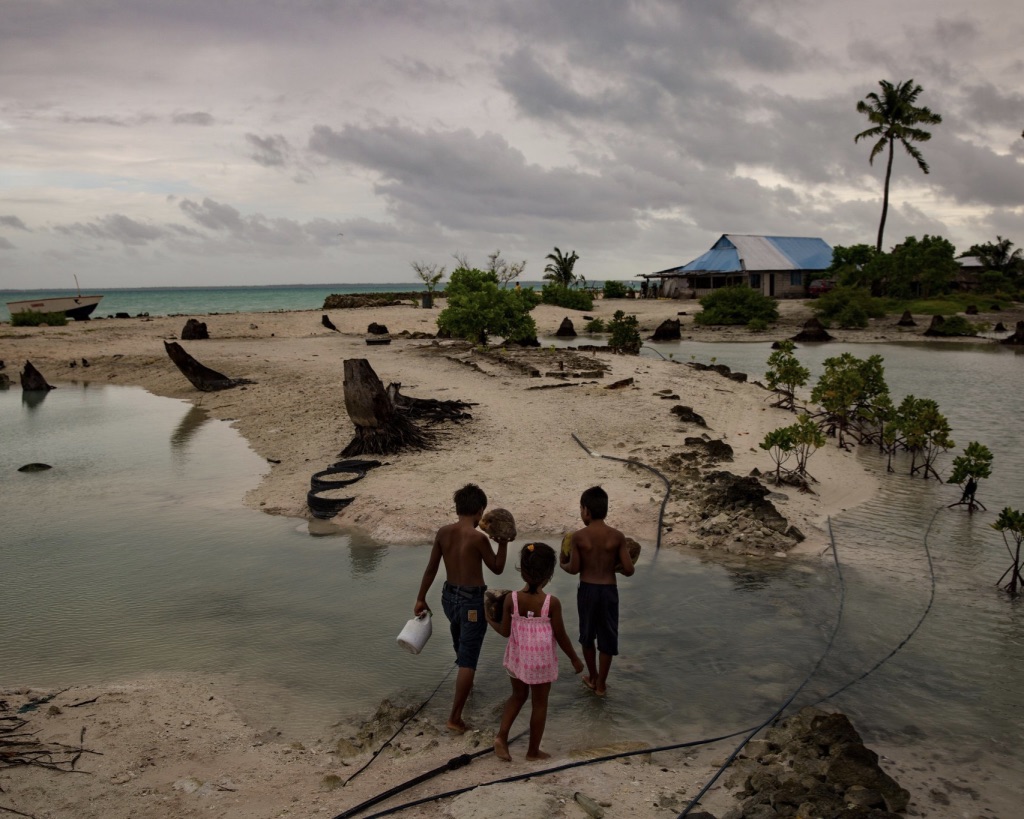
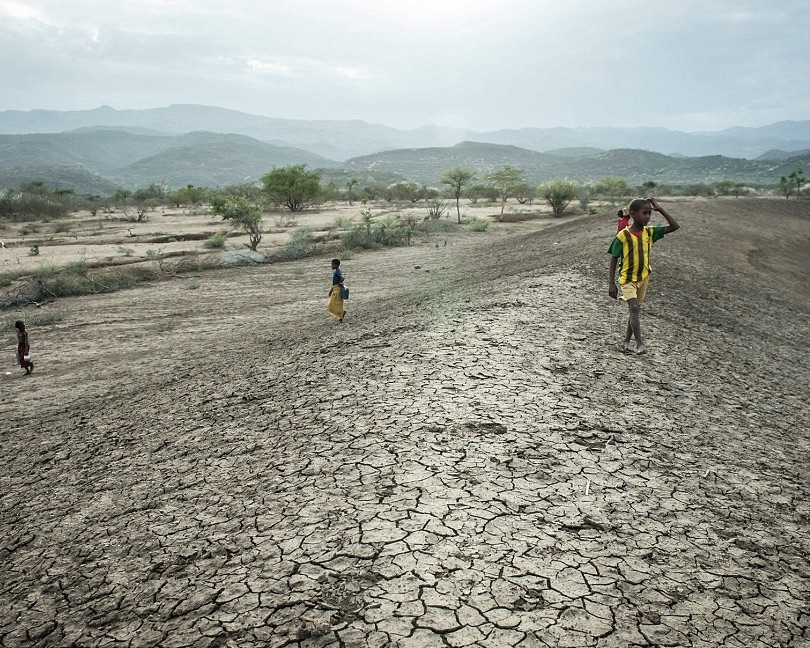
What Can We Learn From Interest by Region?
Looking at interest by region or country, Google Trends seems to illuminate the countries on the forefront of climate change...
Fiji was the top searcher of “climate change” and Trinidad & Tobago the top searcher of “global warming.” This makes sense, these island nations are on the front lines of climate change, and are starting the receive the kind of hurricane battering and excessive flooding that will only be worsened by climate change. In 2012, the village of Vunidogoloa in Fiji was the first to evacuate and move homes to higher ground, because of sea level rise. The fact that these countries are searching the most for terms like “climate change,” shows how prevalent the effects are in their lives. People in these countries frequently use Google for related information and updates on the topic that deeply affects their lives. Trinidad and Tobago’s Office of Disaster Preparedness and Management’s webpage on climate change list the following as effects:
- more intense and frequent disasters or novel ones altogether
- increased coastal flooding and saltwater intrusion into freshwater aquifers (a major issue in light of sea level rise)
- heat waves and drought, which have accompanying hazards such as forest fires, are predicted to become more commonplace
- higher rainfall in the wet season and more regular, powerful storms which can exacerbate flooding concerns
- altered hurricane tracks so that islands such as Trinidad and Tobago, may be forced to cope more regularly with this natural disaster
- Ethiopia and Somalia were top searchers for “climate change” and “drought.” These countries are experiencing the opposite of the United State’s El Niño ordeal. They are in a severe drought. This is Ethiopia’s worst drought in 50 years, affecting agriculture and available drinking water. Somalia has experienced below average rains for over two years, which has affected nearly 1.4 million people.
- Google Trends indicated that New Zealand was the top country searching for “sea level.” The New Zealand government has an entire webpage titled “Adapting to sea level rise” for good reason. New Zealand’s average sea levels rose by 17 centimeters in the last ten years, at an average of 1.7 mm per year over the last 40 years. As the negative impacts of climate change on New Zealand’s low elevation coastlines intensifies, so do the Google searches by citizens, most likely looking for information on sea level rise near them and ways to prepare.